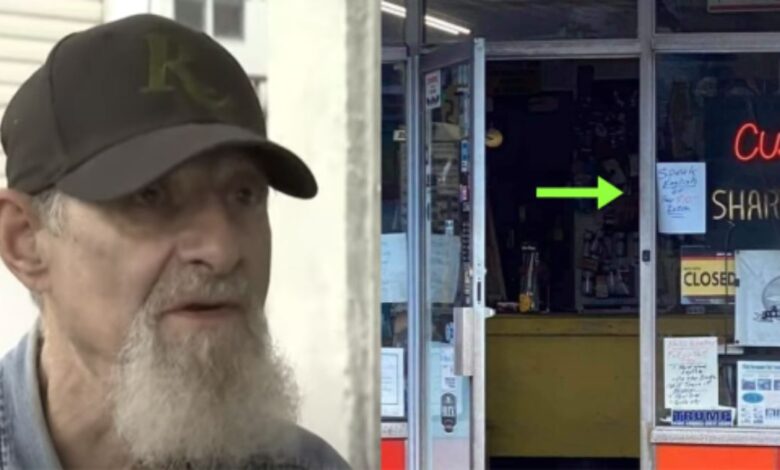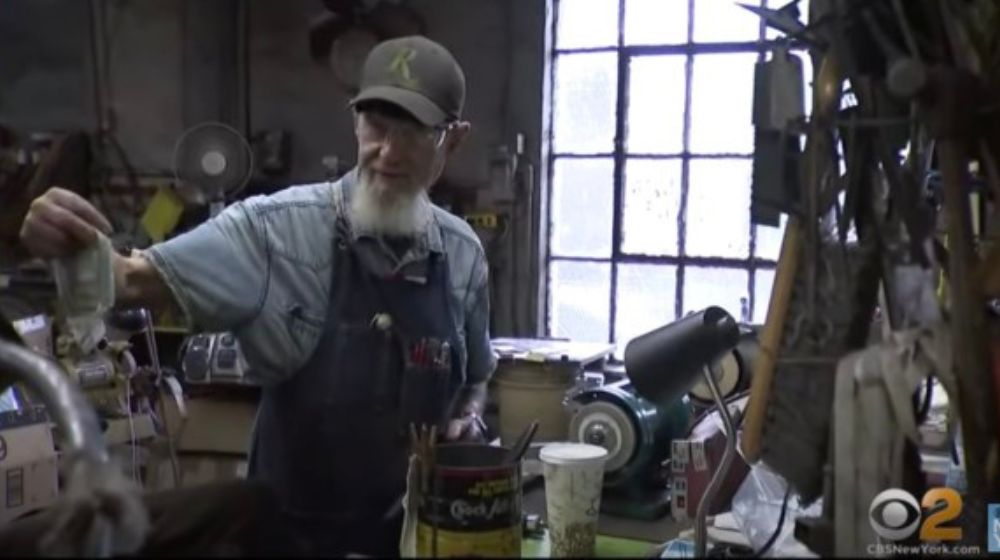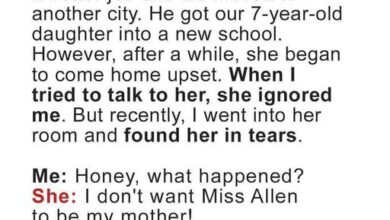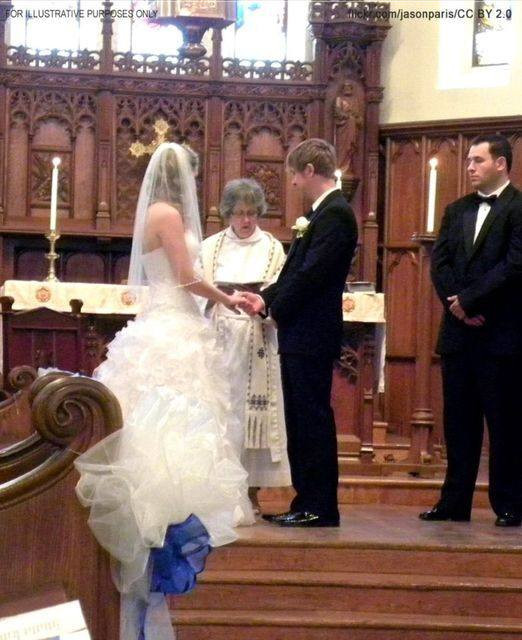Оwnеr Наs tо Таkеs Dоwn а ‘Соntrоvеrsiаl’ Sign Аftеr inсrеаsеd Саlls То Сlоsе Dоwn Нis Stоrе

A small New Jersey business is under fire after its owner posted a sign on the front window reading: “Speak English or Pay $10 Extra.”
A small business in Clifton, New Jersey, is facing backlash after its owner displayed a sign in the window stating, “Speak English or Pay $10 Extra.” For the past two weeks, Cutters Edge, a knife and blade sharpening shop, has been inundated with angry calls and negative online reviews, with many demanding that local officials shut down the store.

“SHUT THEM DOWN FOR BEING RACIST PIECES OF S–T! RACISM IS NOT WELCOMED IN NJ!” tweeted @iamfarias. Another person, Jeremy Pierre, questioned the legality of the sign, asking, “Isn’t this literally illegal?” The business has been bombarded with one-star Yelp reviews accusing the owner of racism.
Keka R. expressed her outrage on Yelp, stating, “ANYBODY with a parent, sister, friend, or associate who speaks another language should feel enraged by this. I’d rather go to a business that fully understands we are living in a country where 350 different languages are spoken and nobody should be charged for simply that.”
Dave Feinberg, the shop owner, tried to explain his reasoning for the sign in an interview with NorthJersey.com. During the interview, he received at least a dozen calls about the sign. Feinberg said he posted the sign out of frustration after a customer who “made no attempt to speak English” wasted ten minutes of his time. He acknowledged it was a mistake to suggest an extra charge, stating, “I should have said nothing else than, ‘Just speak English’ — or ‘Make an attempt to speak English.’”

Feinberg noted that some customers initially found the sign humorous, saying, “Wow, I’m glad someone did this!” However, the situation escalated when angry calls began blocking his line. Feinberg described some of the callers as “quite vulgar,” with messages wishing his business would fail.
In response to the uproar, Feinberg removed the sign and mentioned the possibility of replacing it with an apology. However, he admitted it might be too late to repair his reputation.
Clifton council member Rosemary Pino commented on the incident, describing the sign as “odd in a town that prides itself on its diversity.” She added, “Messages likе this put us back centuries.”
This controversy highlights the community’s strong reaction against perceived racism and the challenges of maintaining a business reputation amidst public outcry.





